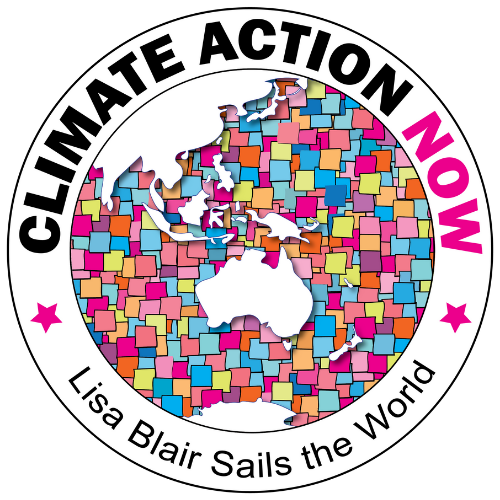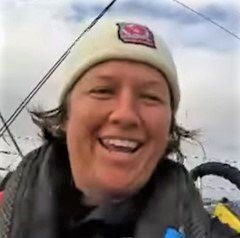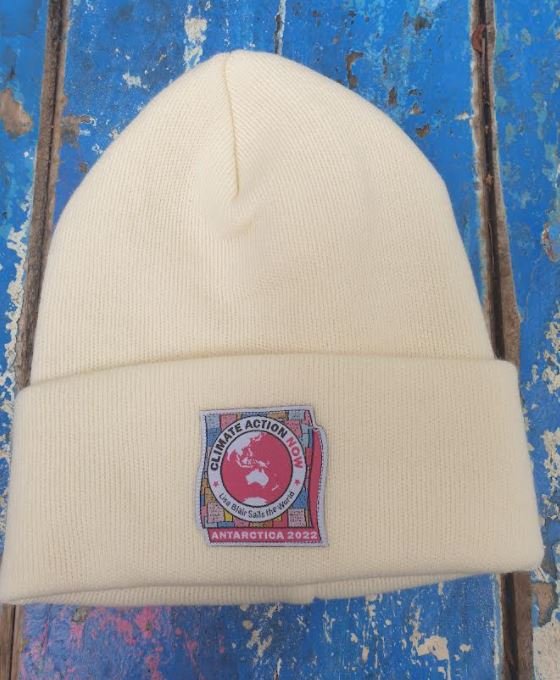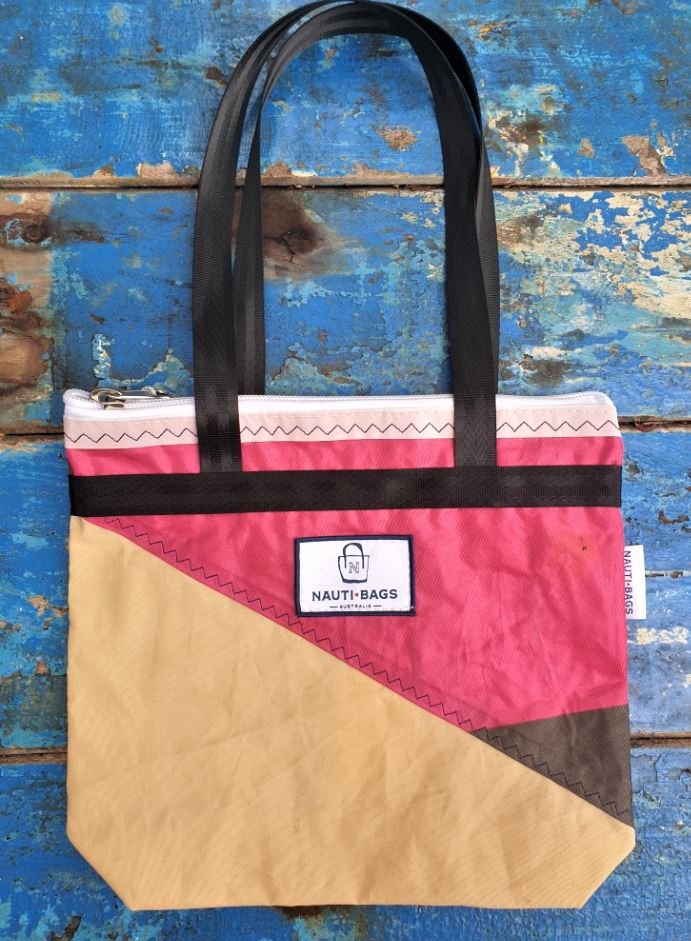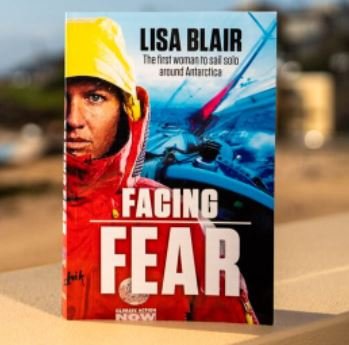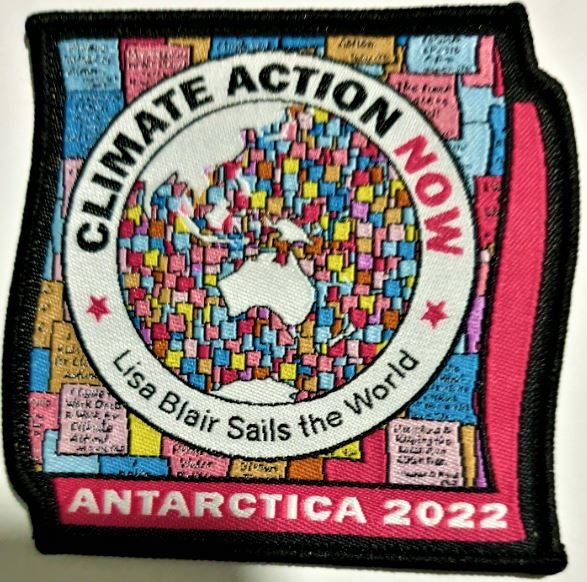New World Record as the Fastest Person and First woman to sail solo from Sydney, Australia to Auckland in New Zealand.
Lisa Blair has set a World Sailing Speed Record Sydney to Auckland solo Australian record-breaking solo sailor Lisa Blair has set two new World Sailing Speed Records (to be ratified by WSSRC) for the fastest time Sydney to Auckland and first woman, solo monohull record slicing an incredible more than 4 days off the record to finish in 8 days, 3hrs and 19 minutes.
The previous record was set on the 22nd of January 2020, by retired Australian Veteran James Prascevic with a time of 12d 14h 41m 15s. Lisa was greeted at the finish line off Rangitoto Island with a hooting welcome crowd before making her way escorted by hosts RNZYS to Westhaven Marina.
The journey of more than 1400 nms was peppered with fluky winds and lightning storms, squalls over 30 knots then hours of calm, a knockdown and close encounters with vessels. “On this trip, the weather and seas threw every element at me and because it was a short window I have hardly slept and really pushed my settings the whole way. The boat has performed superbly but I am pretty exhausted,” she said after 8 sleep-deprived days and nights.
Lisa’s campaign was to “Cross the Ditch for Climate Action Now” raising awareness of ocean pollution issues and advocating for everyone to make a change for the health of the ocean.
Lisa Blair is a driving force for change and uses her world records to create positive education and participation around the Climate Action Now message. On the Antarctic voyage, Lisa worked in partnership with the Australian Institute of Marine Science to complete the largest microplastic survey of the Southern Ocean. The sad news was that every sample had plastic and 64.8% of the microplastics found on her voyage were classed as microfibre, generated from the textile industry. Her new world record trips enable her to share an amplify the key findings.
Key voyage findings:
The highest concentration of microplastics sampled was found in the waters below Australia and is equivalent to 357,500 particles of plastic in an Olympic-sized swimming pool.
An average of 58 000 particles of Microplastics in an Olympic-sized swimming pool volume of water was sampled around Antarctica.
Fibres were more abundant than fragments, comprising 64.8% of all microplastics found.
Lisa sampled a micro-bead from the middle of the Southern Ocean. Commonly found in skin care products.
Supplied seafloor depth data to the Seabed 2030 Program
“I simply couldn’t sit by with the data from Antarctica and not take action so for me this project is all about inspiring change and sharing the shocking results of the Microplastic samples from Antarctica.”
“I want to see a happy and healthy planet and people won’t protect what they can’t understand so I try to share my love of the ocean and this planet with my records. I think adventurers have a responsibility to become storytellers and communicators,”
